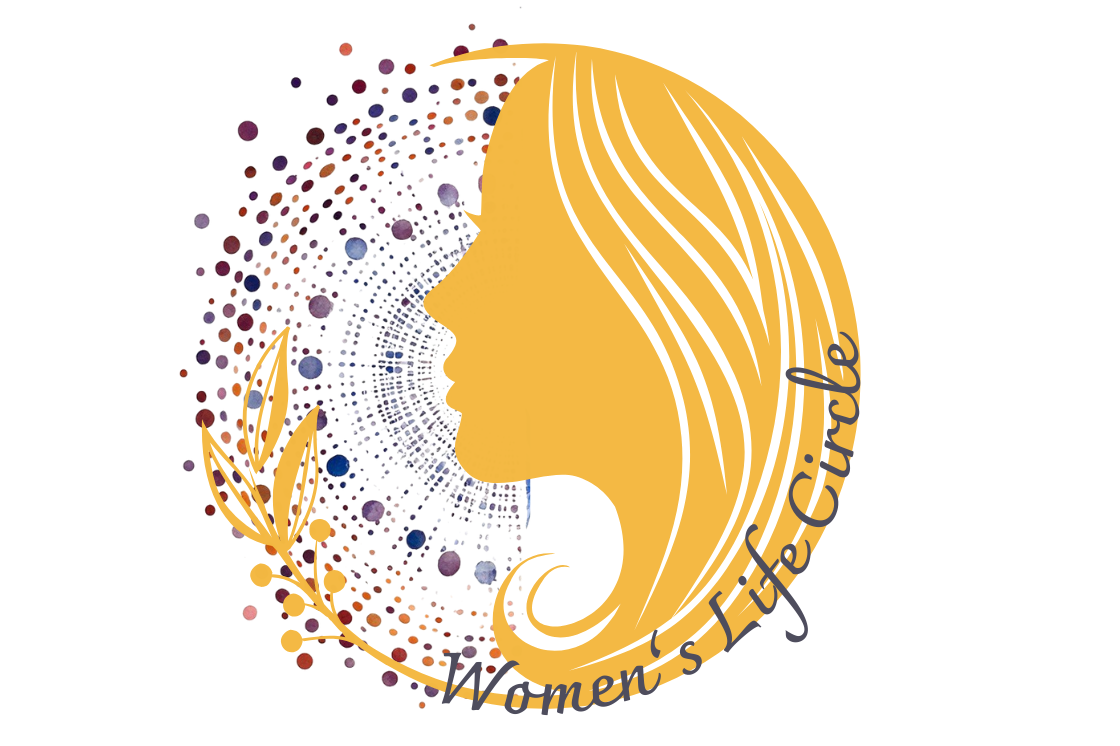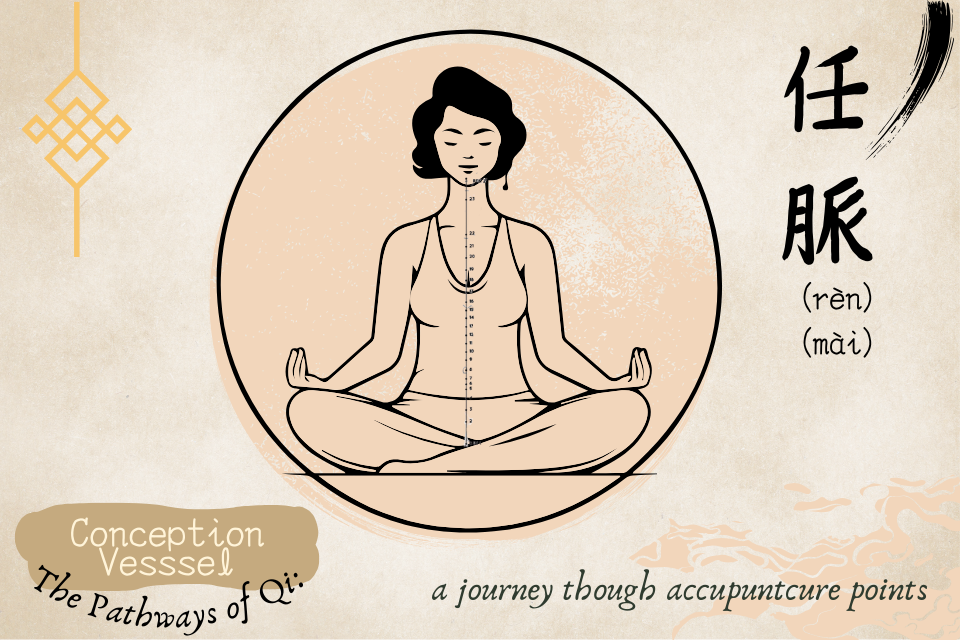Transformation of Body & Spirit
The Journey of Transformation
Few stages in a woman’s life carry as much mystery, reverence, and change as pregnancy and motherhood. It is often called a “second birth” — not only of the child but of the woman herself. Her body becomes the vessel of new life, her hormones create an entire ecosystem for growth, and her heart learns new dimensions of love, patience, and vulnerability.
This stage is not one-size-fits-all. Some women experience deep joy, radiant health, and spiritual awakening; others face challenges, fear, and exhaustion. Yet in every case, pregnancy and motherhood transform a woman forever. Ancient cultures honored this as a sacred passage. Modern medicine frames it as biology. But in truth, it is both: science and soul meeting in one of life’s greatest transitions.
Pregnancy and motherhood mark one of the most profound passages in a woman’s life. It is not only the body that changes, but also the mind, the heart, and even the sense of identity. Whether or not a woman chooses motherhood, this phase symbolizes creation, transformation, and the deepening of love and responsibility. It is both a physical and a spiritual initiation.
The Science of Pregnancy & Motherhood
Biology reveals the incredible adaptability of the female body during pregnancy and motherhood. Hormones shift dramatically to sustain new life, organs adjust to make space, and the entire system reorients itself around nurturing. Science shows us that this process is not just physical — it also profoundly impacts emotions, immunity, and brain chemistry.
Pregnancy is orchestrated by a symphony of hormones:
hCG (human chorionic gonadotropin): Maintains the pregnancy in its early weeks.
Progesterone & Estrogen: Soar to support uterine growth, blood supply, and fetal development.
Relaxin: Softens ligaments and joints, preparing the body for birth.
Prolactin & Oxytocin: Prepare breasts for milk production and foster emotional bonding with the baby.
The body undergoes profound changes:
Blood volume increases by up to 50%.
Heart rate and metabolism rise.
Skin may glow (or break out), hair may thicken, digestion may slow.
Postpartum, hormones shift dramatically, sometimes triggering mood swings or postpartum depression.
Ancient Views of Pregnancy & Motherhood
Ancient cultures often revered pregnancy as sacred, placing women at the center of creation myths and spiritual practices. Motherhood was considered not just a family role but a social and cosmic one, connecting women to divine cycles and ancestral wisdom.
Ancient Greece: Pregnancy was considered both powerful and dangerous. Hippocrates wrote of the importance of balance in diet and lifestyle to safeguard the mother and child [3].
Egypt: Women used fertility amulets, spells, and prayers to goddesses like Hathor (protector of mothers). Pregnancy was protected as a spiritual state.
Andean cultures: Motherhood was seen as a sacred community role — a woman became not just a mother to her child but a mother to the whole village.
China: In TCM, pregnancy was a time to preserve “Qi” and “Blood.” Women were encouraged to eat warming foods, rest deeply, and avoid emotional stress [6].
In all traditions, pregnancy and motherhood were viewed as doorways into wisdom and spiritual authority.
The Body During This Stage
The body during pregnancy becomes a vessel of creation, visibly expanding and shifting to accommodate new life. Postpartum, it undergoes another transformation, seeking recovery and balance. Each physical change is part of a natural and miraculous process.
Pregnancy: Expanding belly, weight gain, skin changes (stretch marks, pigmentation), swelling of feet or hands.
Postpartum: Breasts producing milk, uterus shrinking back, fatigue, sometimes hair shedding.
Motherhood: Physical exhaustion but also renewed strength; the body adapts to care for another life.
Emotional Landscape
The emotional terrain of pregnancy and motherhood can be as intense as the physical one. Joy, awe, and love often intermingle with fear, exhaustion, and vulnerability. These emotions are natural responses to a transformation that is both monumental and intimate
Pregnancy and motherhood can awaken emotions as never before:
Joy, excitement, and a sense of connection to something larger.
Anxiety about the future, fear of birth, or doubts about readiness.
Postpartum, emotions may swing dramatically due to hormonal shifts.
How to cope:
Rituals of grounding and community support (traditional “lying-in” or postpartum care periods).
Emotional honesty — allowing space for joy and struggle to coexist.
Practices of self-compassion and receiving help without guilt.
Food & Nourishment
Nutrition during pregnancy and motherhood is about more than feeding the body — it is about nourishing two lives and aiding recovery afterward. Food becomes medicine and comfort at once.
Iron & folate to support blood and development.
Omega-3s for baby’s brain and mother’s mood.
Protein-rich meals to sustain growth and recovery.
Limit excess caffeine and alcohol.
Especialy in Pregnancy:
Iron-rich foods (lentils, spinach, red meat) for blood volume.
Folate and B vitamins for fetal neural development.
Omega-3s for brain development.
Hydration to reduce swelling and support amniotic fluid.
Especialy in Postpartum:
Warm, easily digestible foods (soups, stews, porridges) to restore energy.
Protein and healthy fats to support healing and milk production.
Gentle herbs for digestion and relaxation.
Coffee & alcohol: Ideally avoided in pregnancy. Small amounts of coffee are sometimes permitted but alcohol is discouraged.
Herbs & Natural Support
Herbs can gently support pregnancy, ease discomfort, and aid in postpartum healing. Care should be taken, as not all herbs are safe during pregnancy, but traditional remedies have long offered comfort.
Pregnancy:
Ginger (for nausea)
Raspberry leaf (to tone uterus in later stages)
Peppermint (for digestion — with caution)
Fenugreek and fennel to support milk production postpartum.
Chamomile for relaxation and better sleep.
Postpartum:
Fenugreek and fennel (support lactation)
Nettle (restores minerals and iron)
Chamomile (for calm and better sleep)
Vitamins & Chinese Herbs
Supplements provide a strong foundation during this stage, helping cover increased nutritional demands. Traditional Chinese herbs can also be supportive when chosen carefully.
Vitamins:
Prenatal vitamins with folate, iron, iodine, DHA
Vitamin D + calcium for bones
B vitamins for energy
Chinese Herbs:
Dang Gui (Angelica Sinensis) – nourishes blood postpartum.
Huang Qi (Astragalus) – boosts energy and immune function.
Shan Yao (Chinese Yam) – supports digestion and energy after childbirth.
Essential Oils & Aromas
Scents can be deeply comforting during pregnancy and motherhood, but they must be used gently and with awareness. Aromatherapy offers moments of calm and support amidst change.
Pregnancy-safe oils (in moderation): Lavender (calm), Citrus (uplift), Frankincense (grounding).
Postpartum: Rose (heart-opening), Chamomile (soothing), Clary Sage (balances hormones, avoid in pregnancy).
Movement, Meditation & Breath
Gentle movement and mindfulness practices help women feel more at home in their changing bodies. They also prepare for labor, support recovery, and strengthen the emotional connection with the child.
Pregnancy: Gentle prenatal yoga, stretching, walking, pelvic floor exercises.
Postpartum: Breathwork, slow yoga, rebuilding pelvic floor and abdominal strength.
Motherhood: Short meditations, even 5 minutes, can restore peace in daily chaos.
The Right Environment
Pregnancy and motherhood flourish in environments that offer safety, love, and support. Both solitude and community play a role, reminding women they are not alone in their journey.
Calm, restful surroundings during pregnancy.
“Village-style” support postpartum, where family and community help.
Time in nature to reconnect with inner balance.
Quiet spaces to bond with the baby and restore energy.
Pregnancy and motherhood thrive in supportive, nurturing environments:
Pregnancy: Quiet rest balanced with gentle activity; time in nature for grounding.
Postpartum: A village approach — mothers need care as much as their babies. Warm, safe, emotionally supportive spaces are ideal.
Motherhood: Balance between community (sharing with other mothers) and solitude (time to reconnect with self).
Clothing & Expression
Clothing becomes both practical and symbolic during this stage. The goal is not only comfort but also maintaining a sense of identity through style.
Loose, breathable fabrics during pregnancy.
Supportive maternity wear that adapts with the body.
Postpartum clothing designed for comfort and nursing.
Outfits that help a mother feel confident and herself.
Pregnancy: Loose, breathable fabrics; supportive maternity wear.
Postpartum: Soft fabrics, clothing easy for breastfeeding.
Motherhood: Practical but beautiful clothing — pieces that help a woman feel like herself, not just a caregiver.
Closing Reflection
Pregnancy and motherhood are not just stages of life; they are initiations. A woman becomes both guardian and creator, nurturer and warrior. Her body speaks in new ways, her emotions deepen, and her spirit is stretched into new dimensions. To honor this stage is to honor life itself — not only the new child, but the rebirth of the woman who carries and cares for them.
References & Further Reading
Vlachou Panagiota Sophia
Certified Beekeeper | Specializing in Traditional Beekeeping & Natural Wellness Methods
Trained in Traditional Acupuncture – Academy of Traditional & Chinese Medicine
Member of the Beekeepers’ Association of Attica-Greece
Disclaimer: This article is for educational and informational purposes only. It is not intended to diagnose, treat, cure, or prevent any disease, and it does not substitute professional medical advice. Always consult a qualified healthcare professional before making any changes to your diet, lifestyle, or health practices.







